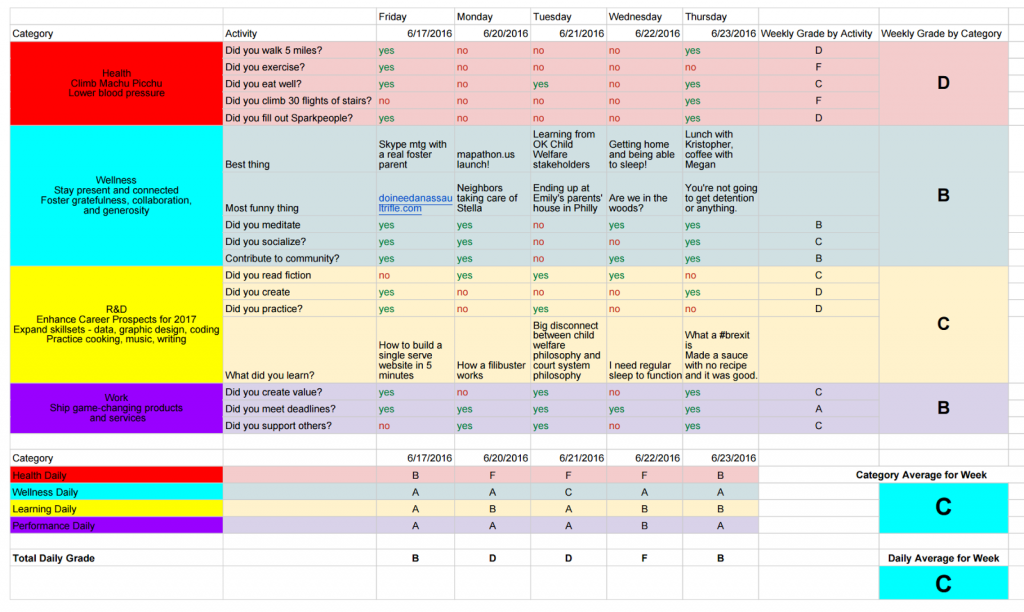
The topic of habit change is something that Aliza Sherman and I researched and experimented with as we wrote “The Happy Healthy Nonprofit: Impact without Burnout” over the last year. Habit change research was one of our favorite rabbit holes to explore. It lead us to discover the works of Gretchen Rubin, Charles Duhigg, BJ Fogg, and others. As we wrote chapters on the book, we examined our own unhealthy habits and experimented applying some of the methods.
This recent article on INC by Emily Triplett Lentz “Breaking Your Bad Work Habits” summarizes Duhigg’s framework on habit change – Cue, Routine, Reward as she reflects on how she applied it to some of her bad work habits like bouncing from email to slack to social media without accomplishing anything. Self-awareness is the first step – that is being aware of how our cues, routines and rewards have locked us in a jail of poor productivity or lack of focus or accomplishment. The get out of jail free card is bringing curiosity in the moment to our routines.
I like the concept of self-awareness as “curiosity in the moment,” and how it can help break bad habits. This notion comes from the work of Justin Brewer, Ph.D who has studied links between mindfulness and breaking addictions (another way to describe a bad habit, no?). It is a simple technique: 1) notice the habit; 2) Ask yourself what you are getting out of it in the moment. This can help you figure out how to replace the bad habit with a better routine. According to Duhigg’s work, you can reform bad habits by replacing the routine that occurs between the cue and the reward.
Changing just one bad habit can have a halo effect on other parts of your life in and outside of work.
The Importance of Accountability and Habit Change

While writing The Happy Healthy Nonprofit: Impact without Burnout, we interviewed nonprofit professionals about how they have changed bad work habits or replaced them with better routines. Wendy Harman shared her method based on Marshall Goldsmith’s Daily Questions process. For the past two years, she does tracking in a spreadsheet by asking questions related to reaching her goals and grading them. She also had an “accountability buddy,” a colleague at work who she checks in with each morning.
As someone who is also a data nerd, I love this approach. I also do a lot of tracking of habit change through journaling and my wearable device, but I really think it is awesome how Wendy journals with a spreadsheet! It is important to track yourself – it adds some accountability, but we found in our interviews with nonprofit professionals that people do a range of tracking from informal to spreadsheet nerds. The point is that you have to create a system for tracking that works for you.
Have you ever been trapped in your work by a bad work habit? How were you successful changing it?
Beth Kanter is a consultant, author, influencer. virtual trainer & nonprofit innovator in digital transformation & workplace wellbeing.
